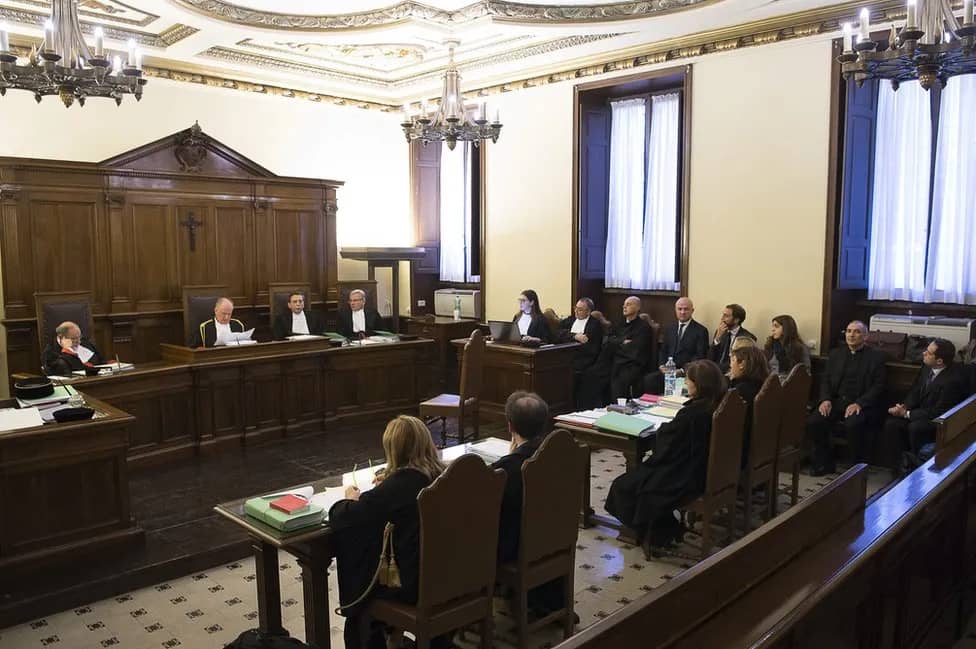ROME – Leaders from the Jewish and Catholic communities met at the Vatican this week to discuss what their communities can do to ensure the dignity and development of children, who, leaders on both sides said, are the future of society but still too vulnerable to protect themselves.
The bilateral commission for Jewish-Catholic relations met at the Vatican Nov. 18-20 to discuss the topic, “The dignity of the human being: Jewish and Catholic teachings on children.”
Delegations from both the Grand Rabbinate of Israel, led by Rabbi Rasson Arusi, and the Holy See, led by Cardinal Peter Turkson, Prefect of the Vatican department for Integral Human Development, met as the United Nations’ Universal Children’s Day was celebrated Nov. 20.
The meeting centered primarily on the rights and dignity of children in light of the 1989 U.N. Convention on the Rights of the Child.
In a joint statement after the discussion, participants stressed the importance of recognizing “the inviolability of human life and the inalienability of human dignity,” which they said are fully expressed in both a person’s relationship with God and with others.
Within this, they said, there’s a special obligation to care for the most vulnerable in society, especially children, who are “the guarantors of posterity” but who are “not yet able to express their full potential and to protect themselves.”
Children’s “personal dignity” must be respected, they said, adding that children must also be exposed to the widest possible variety of resources that will help them develop.
Not only must children receive appropriate love and attention, but they have to be engaged at a cognitive and practical level, they said. And for this to happen, “authentic and stable loving relationships” are needed, as are access to proper nutrition, healthcare, safety and education, including religious formation.
The delegations stressed that parents and educators, as well as religious leaders and guides, have a “special responsibility regarding the moral and spiritual growth of the child.”
Part of this growth, they said, means finding the right balance between allowing children to have full autonomy and freedom of choice, while also ensuring that they are protected and have “disciplined guidance” as they learn and grow.
“All of this demands that we refrain from any instrumentalization of another person, whose dignity should always be seen as a goal in and of itself,” they said, adding that for a healthy spiritual development to take place, children must be educated in the traditions that Catholics and Jews share.
Other topics addressed during the meeting were ethical questions on end-of-life matters. An interreligious position paper was drafted on the subject, making special reference to the “dangers” of legalizing euthanasia and physician-assisted suicide, rather than exploring palliative care with “maximum respect for God-given life.”
Though mostly limited to elderly suffering from a terminal illness, euthanasia for children was first legalized in the Netherlands in 2005 for infants or children with fatal illnesses, and nine years later, in 2014, Belgium followed suit, amending their Euthanasia Act to include the right of minors to euthanasia, a decision that prompted global controversy.
In their statement, the delegations urged a greater reading of scripture and of the Second Vatican II document, Nostra aetate, in which the Church formally acknowledged that Judaism does not bear any guilt in the death of Jesus.
This and other texts on Jewish-Catholic relations, they said, “should be widely known and disseminated throughout both communities, providing impetus for the ongoing blessed reconciliation and cooperation between Jews and Catholics for the betterment of their faithful and society as a whole.”
















